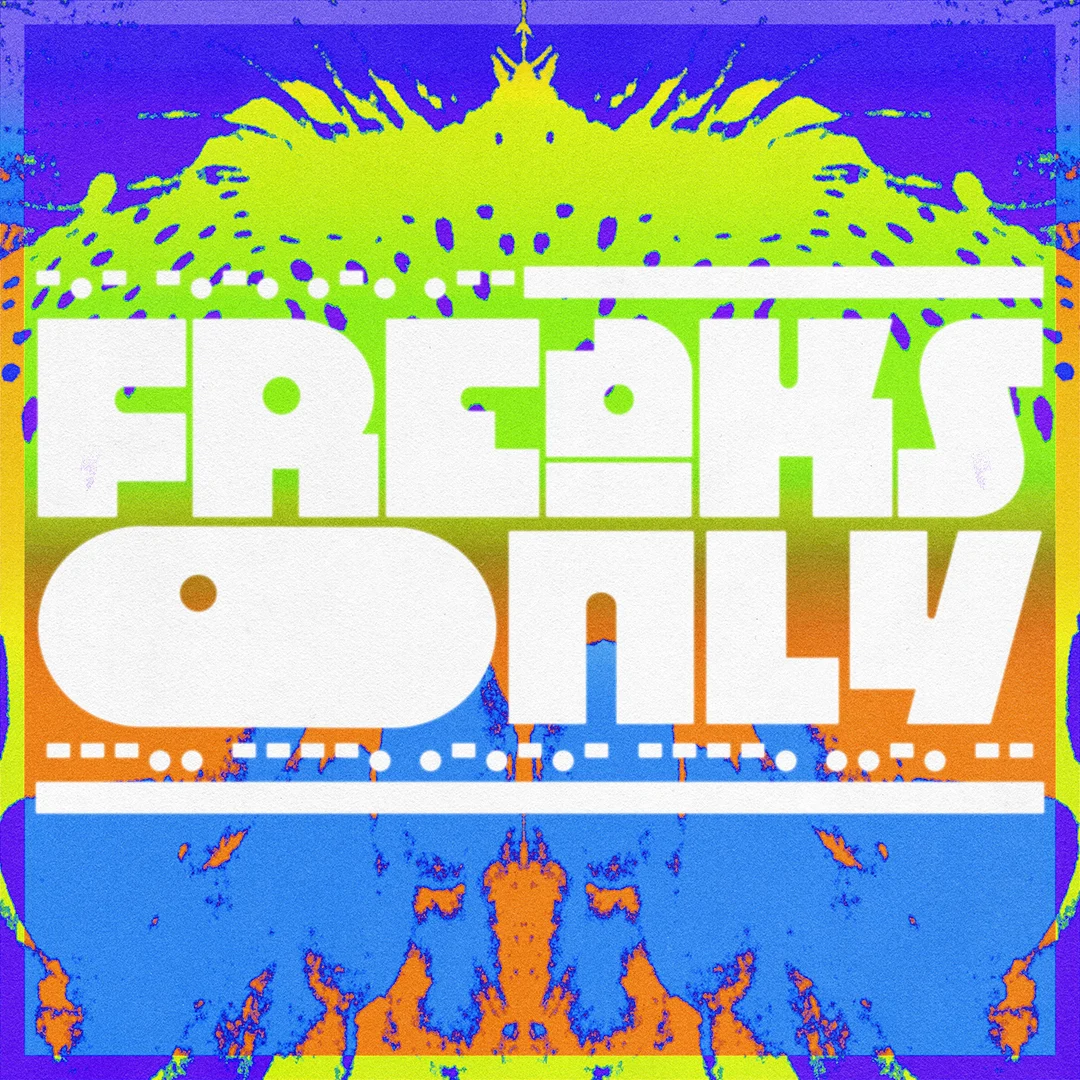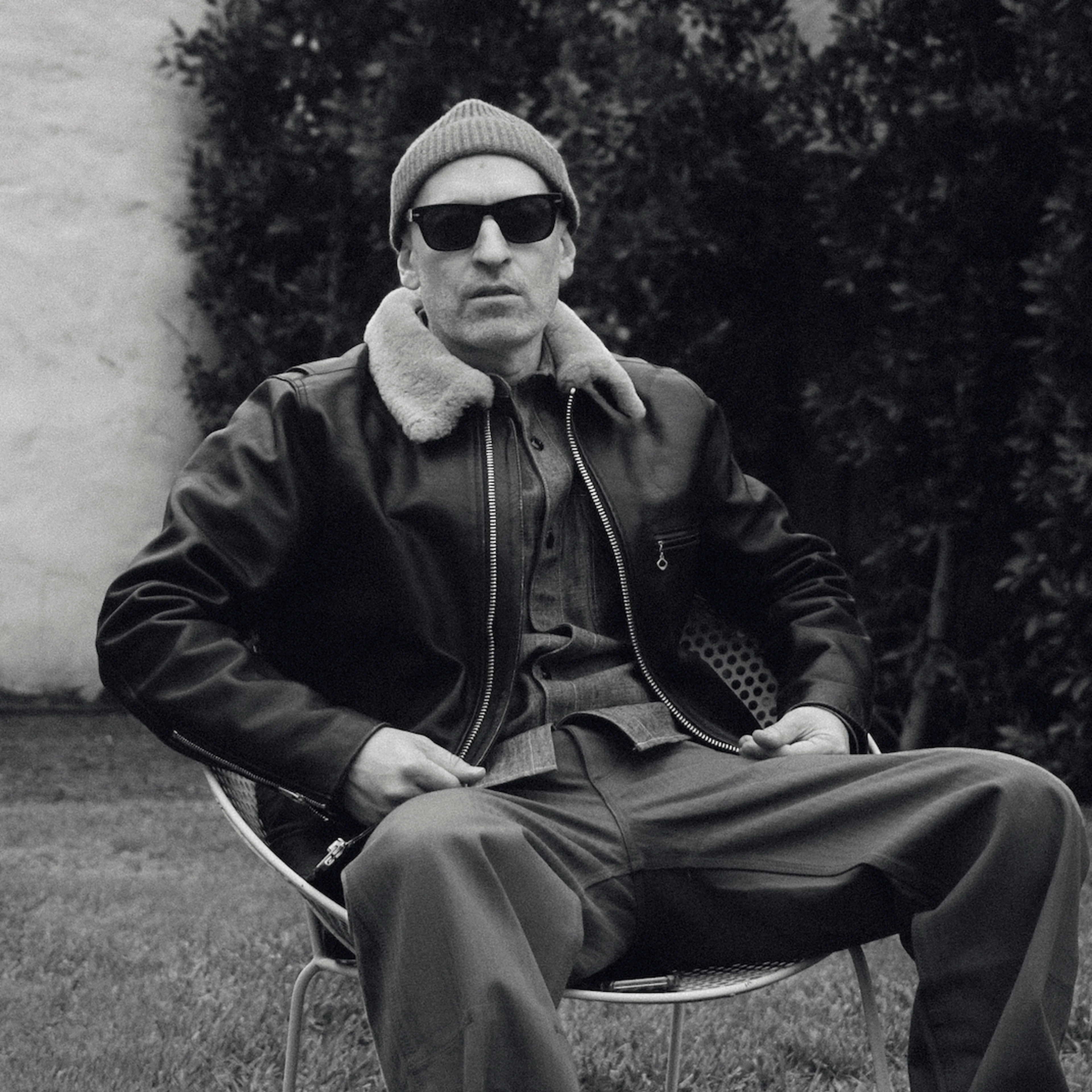Guest Mix: Habibi Funk explore the ‘70s Arab underground

With a focus on music from the Middle East and North Africa, Habibi Funk co-founder and curator Jannis Stürtz and his team have been reissuing some of the most unexpected and exciting releases of the last few years.
From Libyan reggae to Lebanese folk, Moroccan disco to Sudanese jazz, any preconceptions Westerners might have about the sound of the Arab world in the ‘60s, ‘70s, and ‘80s are quickly shattered, though Stürtz is quick to point out that the music he releases through Habibi Funk is not necessarily a fair representation of the mainstream tastes of the various countries from which the label releases music.
"The majority of our releases are more focused on the music that was popular in what you would consider an underground scene," Stürtz explains from the label's Berlin office.
More: Explore the indie side of India with this exclusive Naya Beat mix
Habibi Funk, as a passion project and reissue label, was born out of chance, when Stürtz stumbled upon a record at a local shop in Morocco, where an artist he was tour managing was performing.
"I ended up finding a record by a Moroccan artist called Fadoul who did these tracks heavily inspired by people like James Brown, but also rock music of the time," he says.
Already equipped with an understanding of how to run a label through his work operating Jakarta Records, Stürtz was determined to take his interest in Fadoul a step further.
"I started trying to look into finding him, [quickly] realizing he had passed [away] a long time ago," he says.
Multiple trips to Morocco would follow, and with the help of friends and fixers, Stürtz was able to track down Fadoul's relatives in Casablanca, and eventually license the artist's music.
"That was probably the longest we've ever searched for a licensing partner,” he says. “It must have been something like two years."
Habibi Funk now has 17 releases to its name, including this week's output of the Majid Soula album “Chant Amazigh.” Many mark the recordings’ first releases on vinyl and digital, as some of the most interesting music of the Arab world was only put out on cassette tape throughout much of the ‘70s and ‘80s.
"In general, cassettes are a nice format because it democratizes releasing music," Stürtz says. "Let's say you were living in Algeria and you wanted to put out your band's music, if the only way to do it was by pressing vinyl, the barrier to entrance would be much higher. You needed to be able to afford it, and it was just financially and organizationally a bigger burden than deciding to get a tape-copying machine and manufacturing your album at home."
More: Run for cover! It’s DJ Nu-Mark’s exclusive FREAKS ONLY mix
Each Habibi Funk project goes beyond simple re-releases, featuring extensive explorations of the cultural and historical milieus from which they came.
"Oftentimes the work of contextualizing is the thing that is most time consuming," Stürtz explains, with extras ranging from thoroughly researched liner notes to short films about the artists — and, in the case of Algerian soundtrack composer Ahmed Malek, an exhibition highlighting his life and work in his hometown of Algiers.
That attention to detail and dogged determination — not to mention impeccable taste — has helped make every Habibi Funk release a must-listen for any adventurous music fan. Prepare to have your mind expanded with Jannis Stürtz' exclusive Habibi Funk mix for FREAKS ONLY.
Keep up with all things happening in the world of Habibi Funk on their Bandcamp and Instagram.
Show Credits
Continue Listening
See AllMore Shows
Morning Becomes Eclectic
Novena Carmel hosts KCRW’s signature music program — defying format since 1977.Resident DJ
Polo & Pan drop original mixes just for KCRW. Every Friday in February.
Jason Bentley's Metropolis
Capturing the hypnotic pulse of modern city life.Peanut Butter Wolf
Peanut Butter Wolf digs through his crates of over 50,000 records, as well as digital crates of tons of unreleased music, to favor the underdog.Eclectic24
KCRW's all-music channel blending the collected talents and tastes of all KCRW's DJs into a single voice streaming 24 hours a day.





